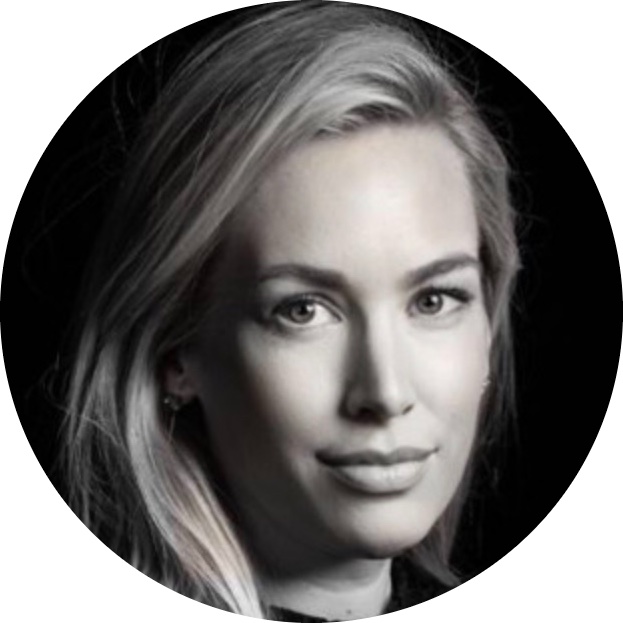Rolexes, Botox and massage therapy: Bosses get inventive about incentivizing employees

The flourishing job market and the Great Resignation have some marketing firms going to extremes to attract and retain talent.
How’s a new Rolex sound? Or the gift of Botox? Or free haircuts, in-office massages and daily catered lunch? What about cash holiday bonuses with a shopping trip for you and your colleagues to a luxury outlet mall?
Those are just some of the perks being offered by one ad tech company, New York-based Constellation, complementing other benefits like competitive salaries, paid time off and flexible work arrangements that have become the standard for virtually every player in an industry that’s been rocked by the pandemic and the challenged employment environment. Constellation has also installed in-office massage chairs for staff, which cost $10,000 each.
“We work with world-class clients and come from world-class agencies, and we came in and said, ‘we’re not going to do things in terms of the status quo,’” Matt Woodruff, co-founder and chief product officer at Constellation, said of himself and his business partner, co-founder and CEO Diana Lee. Before starting Constellation nearly six years ago, Woodruff worked for Ogilvy and Lee was with the agency Xperience. Constellation works with brand marketers like Mercedes-Benz and Chase and agency groups including Omnicom and WPP.
“We wanted to have that top-tier quality [of product], so we would always joke that what’s out there is Target and we want to be Gucci,” Woodruff added. “We want our product to be the best, we want it to be beautiful, we want to have the best, most impactful technology, and that ethos trickles down to our perks and our culture.”
What better way to let an employee know they matter than by having senior management personally deliver a birthday cake to their front door on their special day? That, along with perks like gift cards, sweets and candles, are part of the culture at ad agency BAM Strategy in Montreal, which counts Reckitt and PepsiCo among its clients.
But gifts are only part of the formula for keeping people happy, said Vivian Aranda, vice president of HR and operations, who stresses the value of company policies like one-on-ones with company leaders and unlimited time off. “More than creating incentive programs and throwing more gifts than we already do, we take the time to ask each of our employees what their specific pain points are and how we can help them to have a better work-life balance,” Aranda said.
On top of baseline benefits like an employee-ownership program and parental leave, agency VIA in Portland, Maine, offers employees subscriptions to meditation apps, in-office massage therapy, and curated adventures ranging from a trip to Burning Man and tickets to a Broadway show to a journey to the North Pole in search of Santa Claus.
“I know that there is that, like, is this forced fun? And my answer to that is, absolutely! Because if you don’t force fun, you’re just working all the time. And you know what? Sometimes we need to stop working, eat ice cream and have a dance party,” explained Leeann Leahy, CEO of the agency, whose accounts include Arm & Hammer and Perdue. “If we’re going to be creative, we need to break it down, and we need to be inspirational, and we need to not just be so tethered to our computers and our desks.”
Many employers are focusing on professional development and work-life balance over more glamorous benefits.
For example, the New York agency Barbarian provides its employees’ stipends for home office expenses and mental health support, in addition to “no-Zoom zones” and paid sabbaticals, according to managing director Courtney Berry. “I think what [employees] are finally demanding of us is not just a job but mentorship, outlets for leveling up their skill sets, help with navigating what their career trajectory looks like,” said Berry, whose shop has worked with American Express and Samsung.
New York-based market research firm Suzy gives each employee unlimited access to a trained professional coach through the coaching service Bravely. “Frankly, I think fancy perks don’t do as much when it comes to retaining talent,” said Anthony Onesto, chief people officer of Suzy, whose service is used by Johnson & Johnson and General Electric. Whereas research has shown that investment in the growth of employees is paramount, he added.
“While leadership and soft skills training may not seem as luxurious as a Rolex watch, it is certainly more practical and useful for an employee’s potential career growth,” added Derek Belch, co-founder and CEO of Palo Alto, California-based Strivr, the enterprise VR training platform used by the likes of Walmart and Fidelity. “Skills like these are a valuable investment that will pay dividends over a decades-long career.”
For others, perks and benefits are table stakes when it comes to attracting and retaining talent. “We’ve got plenty of those, covering the gamut from flexible PTO and agency-wide vacation weeks to paid parental leave and gym reimbursements. But where we’re focused in terms of attracting and keeping great talent are [why] they join a company like ours in the first place: to create exceptional work they’re proud of, to build relationships with an amazing team, and to constantly level up their skills,” said Drew Ungvarsky, founder and CEO of the agency Grow in Norfolk, Virginia, which has worked with Lululemon and Red Bull.
Meanwhile, liberal work arrangements, a dog-friendly office, bonus vacation time and stipends are among the employee benefits at the New York experiential agency MKG, which has worked with Dos Equis and Cartier.
“It’s tough. We’re not a huge agency, so we’re not going to be able to offer some of the benefits some other agencies with a tremendous amount of backing are able to,” said the agency’s president Christine Capone. “But what we do is focus on what we can offer and what we think makes a difference in people’s lives.”


